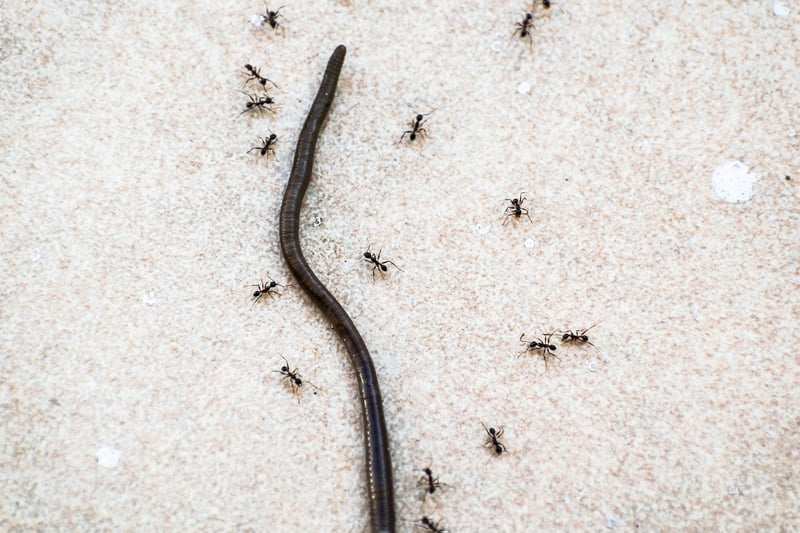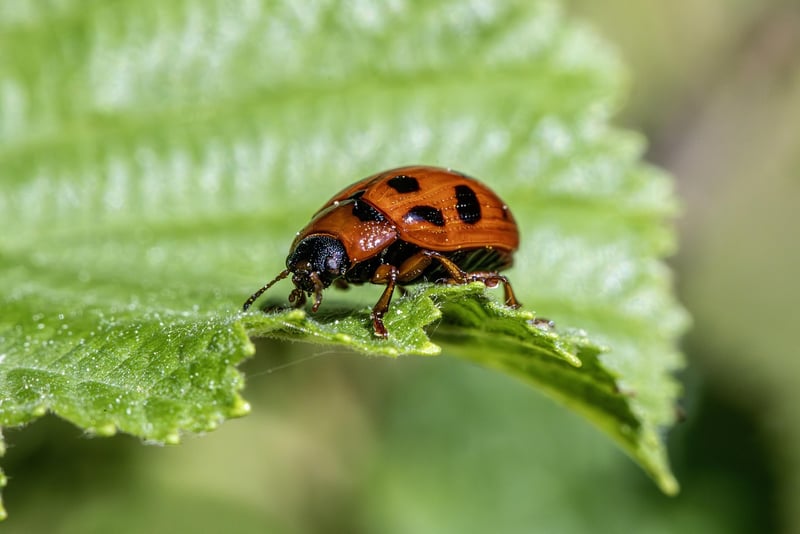Natural Pest Control
Dealing with Garden Pests: Natural Pest Control
Gardening can be a therapeutic and rewarding hobby, but it often comes with its fair share of challenges, one of the most common being garden pests. These pesky intruders can wreak havoc on your plants, causing damage and frustration. However, before reaching for harsh chemicals, consider using natural pest control methods to protect your garden and the environment.
Identifying Common Garden Pests
Before implementing pest control measures, it's crucial to identify the specific pests plaguing your garden. Common garden pests include aphids, slugs, snails, caterpillars, and beetles. Each type of pest may require a different approach for effective control.
Natural Pest Control Methods
Fortunately, there are several natural pest control methods that can help protect your garden without harming beneficial insects or the environment. Here are some eco-friendly approaches to consider:
1. Handpicking
For larger pests like caterpillars or beetles, handpicking them off your plants can be an effective control method. Simply inspect your plants regularly and remove any pests you find by hand.
2. Beneficial Insects
Introducing beneficial insects like ladybugs, lacewings, or parasitic wasps to your garden can help control pest populations naturally. These insects feed on garden pests, reducing their numbers without the need for chemicals.
3. Neem Oil
Neem oil is a natural insecticide that can effectively control a variety of garden pests, including aphids, mites, and caterpillars. Dilute neem oil according to the instructions and spray it on affected plants.
4. Companion Planting
Planting certain herbs and flowers alongside your vegetables can help deter pests. For example, marigolds can repel nematodes, while basil can deter mosquitoes and flies.
Conclusion
Dealing with garden pests can be challenging, but by using natural pest control methods, you can protect your plants and the environment. Remember to identify the pests in your garden, choose the appropriate control method, and monitor your plants regularly for signs of infestation. With a little effort and patience, you can enjoy a thriving garden without the need for harsh chemicals.

Image source: Pixabay
